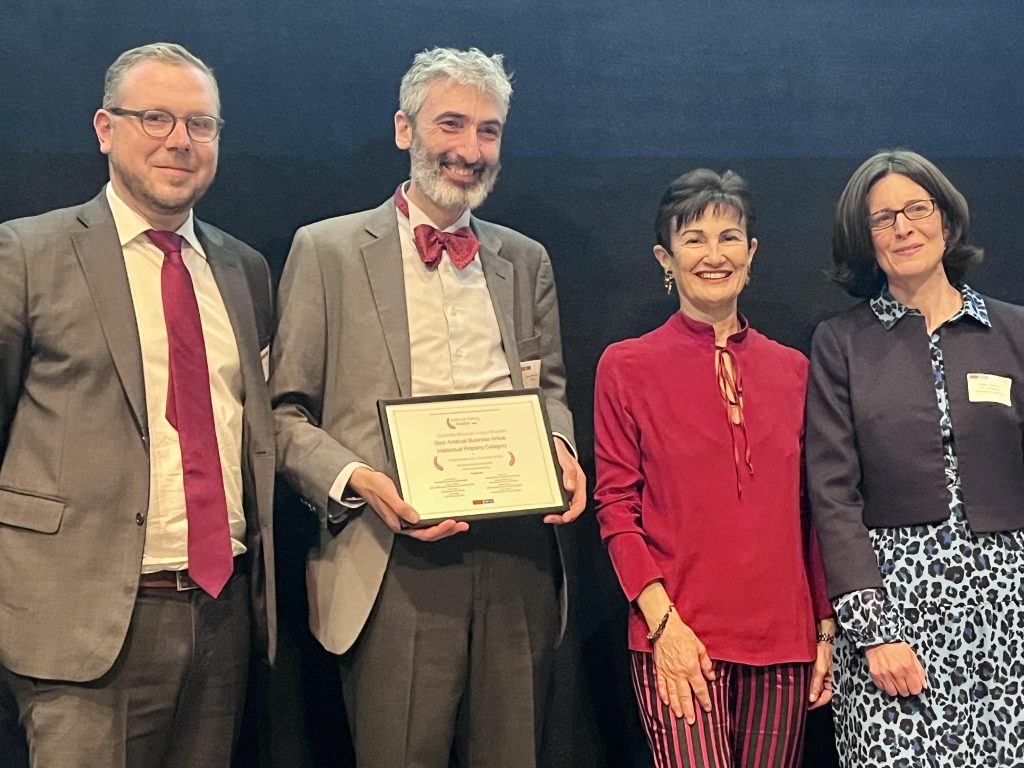Professor Kat Macfarlane, director of the College of Law’s Disability Law and Policy Program, and Professor Irina Manta, Founding Director of the Center for Intellectual Property Law at the Maurice A. Deane School of Law at Hofstra University, have co-authored an essay on COVID-19 accommodations denials.
At the Bill of Health blog, Macfarlane and Manta write that post-2021, faculty and students with disabilities’ requests for accommodations to teach or attend classes remotely have not been met. The essay examines Oross v. Kutztown University where the plaintiff requested remote teaching and office hours accommodations due to health reasons. They were denied by the defendant and deposition testimony revealed that university staff had developed form language used to deny all remote teaching requests by Kutztown University faculty.
The Eastern District of Pennsylvania granted summary judgment in Oross’s favor as to his Rehabilitation Act claims for intentional disability discrimination and failure to accommodate.
The authors conclude that “In any case, the Oross decision represents a victory for individualized assessment, and a rejection of categorical bans on COVID-19 accommodations. Universities should heed the case’s warning and halt any pro forma denials.”

